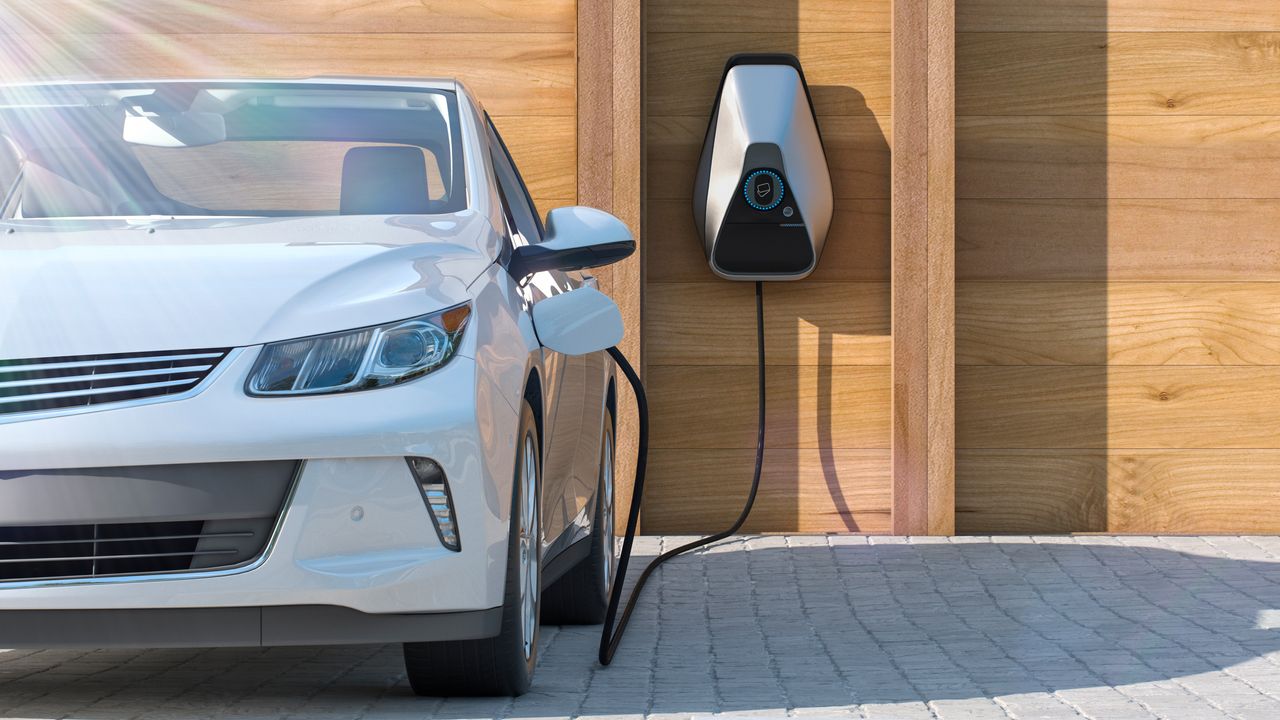Government Incentives and Subsidies for Electric Vehicles: Driving the Transition to a Sustainable Future
As the world grapples with the urgent need to reduce greenhouse gas emissions and combat climate change, the adoption of electric vehicles (EVs) has emerged as a promising solution. Governments around the globe are recognizing the importance of transitioning to cleaner transportation alternatives and are offering a range of incentives and subsidies to encourage EV adoption. In this article, we will explore the various EV adoption incentives, rebates, and tax breaks provided by governments, and how they are driving the transition to a more sustainable future.
EV Adoption Incentives: Making the Switch More Affordable
One of the primary barriers to EV adoption has been the higher upfront cost compared to traditional internal combustion engine vehicles. To address this, governments have implemented a range of incentives to make EVs more affordable for consumers.
One of the most common incentives is a direct cash rebate or grant provided to individuals who purchase or lease an electric vehicle. These rebates can significantly reduce the cost of purchasing an EV, making it a more attractive option for budget-conscious consumers.
In addition to cash rebates, some governments also offer incentives such as zero or reduced registration fees for EVs. These measures not only help offset the initial cost but also contribute to reducing the overall cost of ownership over time.
EV Tax Breaks: Saving Money in the Long Run
Another effective way governments are encouraging EV adoption is through tax breaks. These tax incentives can take various forms, such as tax credits, exemptions, or deductions, and they help reduce the financial burden on EV owners.
One common form of tax break is the federal tax credit offered in many countries. This credit allows EV owners to deduct a certain amount from their federal income tax liability, effectively reducing their tax burden. State and local governments may also provide additional tax incentives, further reducing the overall cost of owning an EV.
Furthermore, some governments have implemented tax exemptions for EVs, waiving sales or luxury taxes typically applied to vehicles. These exemptions can result in substantial savings for consumers, making EVs a more financially viable option.
Environmental Benefits and Beyond
While the financial incentives are undoubtedly attractive, the benefits of EV adoption extend far beyond monetary savings. By transitioning to electric vehicles, we can significantly reduce greenhouse gas emissions, improve air quality, and mitigate the impacts of climate change.
Moreover, the widespread adoption of EVs can help decrease our dependence on fossil fuels, enhance energy security, and stimulate the growth of renewable energy sources. This shift towards sustainable transportation aligns with the broader goals of creating a cleaner and more sustainable future for generations to come.
Conclusion
Government incentives and subsidies play a crucial role in accelerating the adoption of electric vehicles. By making EVs more affordable and providing tax breaks, governments are incentivizing consumers to make the switch to cleaner transportation alternatives. These incentives not only benefit individual consumers but also contribute to the collective effort of reducing greenhouse gas emissions and combating climate change.
As governments continue to prioritize sustainability and environmental stewardship, we can expect to see further expansion of incentives and subsidies for electric vehicles. The transition to a sustainable future is within our reach, and with the right incentives in place, we can drive the adoption of electric vehicles and pave the way for a cleaner and greener world.
